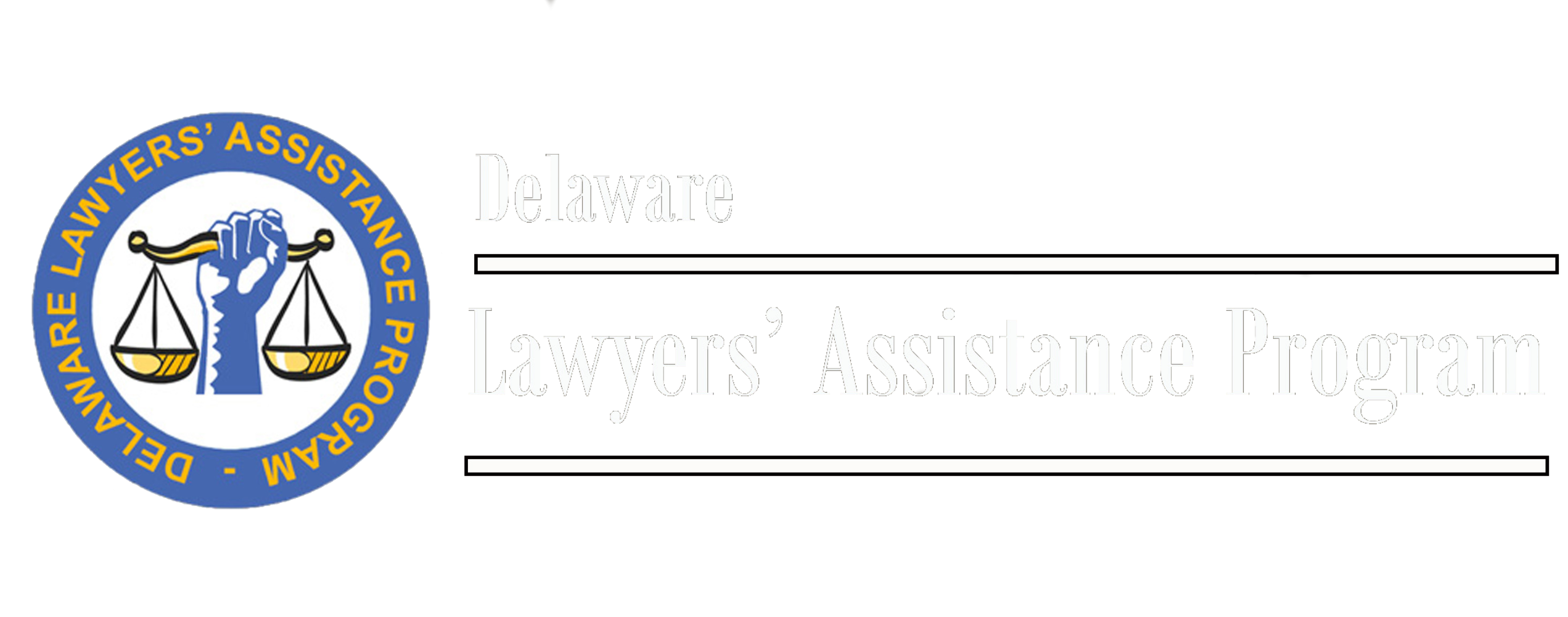
Being a Lawyer
According to the Rules of Professional Conduct, an attorney must be fit. However, the astute attorney understands that fitness means more than just fitness of legal expertise; it also means those qualities of physical, mental, and psychological health that enable a lawyer to carry out the demands and responsibilities to their clients and their profession.
More specifically, the fit attorney practices law while practicing personal wellness. Wellness leads to a balanced lifestyle. Data supports that lawyers are at high risk of burnout without a balanced lifestyle.
Wellness and health are interrelated but distinct concepts. Health is considered freedom from disease; it is the condition in which people can do their most constructive work, provide the best possible service to their clients and experience the highest possible enjoyment in leisure-time experiences. On the other hand, wellness is more complex than essential physical health. Wellness can fully integrate physical, mental, emotional, social, and spiritual well-being into a practical lifestyle. Optimum wellness balances the five fundamental dimensions.
Optimum wellness balances the following five primary dimensions:
Physical Dimension – This dimension is related to sound nutritional practices, maintaining proper weight, participating in regular exercise, getting enough sleep, engaging in physical activity, avoiding risky behavior, and restricting intake of harmful substances
Career Dimension - This dimension is related to finding balance among various life roles as people engage in fulfilling work and associated activities and identifying leisure activities that will provide life satisfaction.
Emotional Dimension - This dimension is related to understanding personal feelings, maintaining a relatively even emotional state, accepting one’s limitations, expressing emotions effectively, adjusting to change, and maintaining good, healthy relationships with other people.
Social Dimension - This dimension is related to sharing friendships, family relationships, and group memberships. It entails using empathy and active listening skills, caring genuinely about other people, being open to watch from other people, and committing to the community's common good, the legal profession, the nation, and the world.
Spiritual Dimension - This dimension is related to maintaining a sense that life is meaningful, employing a continuing quest for value and purpose, searching for clarity, committing to peace and contentment in life, and developing the fortitude to continue in the face of obstacles. (The Wellness Lifestyle Workbook: Self-Assessments, Exercises, and Educational Handouts. John J. Liptak, EdD; Ester A. Leutenberg, Whole Person Associates, Duluth, Minnesota, Introduction.)
For more information on what is the process of creating your own wellness inventory blueprint: call 302-777-0124 or e-mail mvavala@de-lap.org
Attorney Well-Being Featured in ABA Law Practice Today
The August 2018 issue of Law Practice Today from the ABA Law Practice Division is dedicated to attorney well-being.
The Nuts and Bolts of Work/Life Balance
Materials from the September Nuts and Bolts of Work/Life Balance seminar series
STAGES OF CHANGE
Based on Changing for Good by Prochaska, et. al. (2010 edition)
